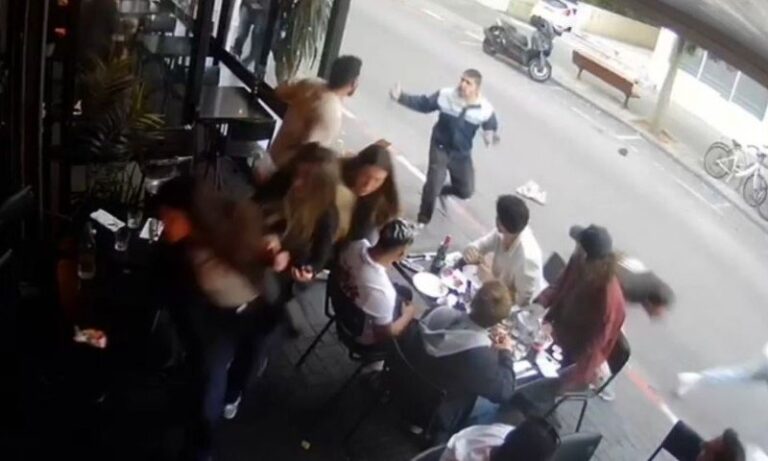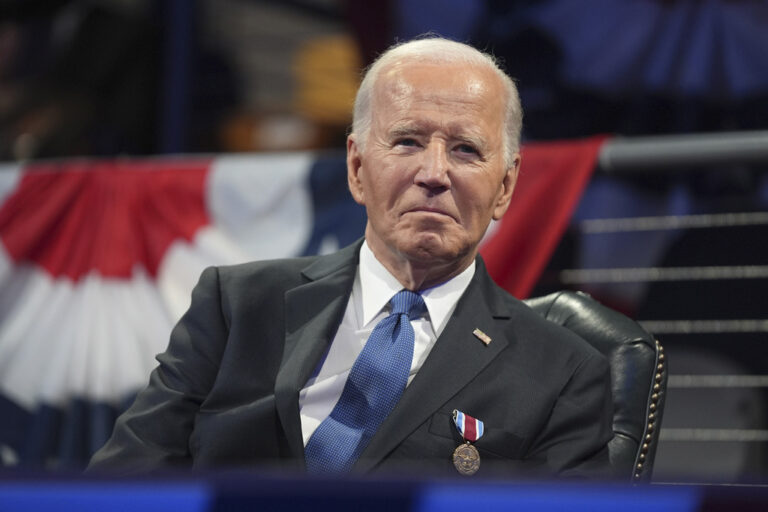 A Republican U.S. senator threatened on Tuesday to block the confirmation of President Barack Obama’s nominee to head the CIA until the administration provides more information to Congress about the Sept. 11, 2012, attacks on U.S. facilities in Benghazi, Libya.
A Republican U.S. senator threatened on Tuesday to block the confirmation of President Barack Obama’s nominee to head the CIA until the administration provides more information to Congress about the Sept. 11, 2012, attacks on U.S. facilities in Benghazi, Libya.
Senator Lindsey Graham said his objection was not directed at Obama’s CIA nominee – 25-year agency veteran John Brennan – but was an attempt to extract information about the Benghazi attacks from the White House.
“I do not believe we should confirm anyone as Director of the CIA until our questions are answered,” Graham said in a statement. Under Senate rules, any senator can put a hold on any nomination, blocking it from moving to a Senate floor vote.
In a written statement, Graham expressed frustration about what he called the “ever changing” stories told by administration officials about who was behind the Benghazi attacks in which four Americans were killed, including the U.S. ambassador to Libya.
He complained that the officials offered conflicting explanations about why a reference to al Qaeda was deleted from unclassified talking points that the White House used to shape public comments in the days following the attacks on the U.S. diplomatic mission and a CIA base in Libya’s second-largest city.
“We were first told the Director of National Intelligence deleted the al Qaeda reference in the talking points because they did not want to let al Qaeda know we were monitoring them,” Graham said.
“We were then told the FBI changed the talking points so as not to compromise an ongoing criminal investigation,” he said, adding that even later, officials “clarified it was the CIA who had changed the talking points.”
“It is imperative we understand who changed the talking points just weeks before a presidential election and why,” he said.
Republicans charged the White House with downplaying evidence that the Benghazi attacks were an act of terrorism in the weeks before the Nov. 6 presidential election to boost Obama’s contention that the United States was defeating al Qaeda.
‘HIGHLY POLITICIZED’
U.S. Ambassador to the United Nations Susan Rice said in appearances on Sunday talk shows shortly after Sept. 11 that preliminary information suggested the attacks were the result of protests against an anti-Muslim video made in California rather than a premeditated strike.
A government review board, however, concluded that no protest took place before the attacks. Rice has said she was relying on talking points drawn up by U.S. intelligence officials.
The controversy forced Rice to withdraw her name from consideration as secretary of state.
White House spokesman Jay Carney said on Tuesday that the “highly politicized” Benghazi issue should not hold up Brennan’s nomination. The president is focused on ensuring that those who are responsible for the deaths of the Americans in Benghazi should be brought to justice “not the political fascination of appearances on Sunday shows,” he told a news briefing.
In a report last month on the Benghazi attacks, the Senate’s Homeland Security and Governmental Affairs Committee said the talking points’ first draft included a line saying that the U.S. knew that individuals associated with al Qaeda or its affiliates participated in the attacks. But the reference to al Qaeda was edited out of the final version of the talking points, and a reference to “attacks” was changed to “demonstrations.”
At some point, the committee said, the director of national intelligence offered to turn over to Congress a “detailed timeline” charting how the talking points evolved. However, the committee said the administration failed to turn over the timeline while spending weeks arguing over whether information on its “deliberative” process should be held back.
A congressional official said that as of Tuesday, the administration still had not turned over the record of the talking points’ evolution to Congress.
(Reuters)










